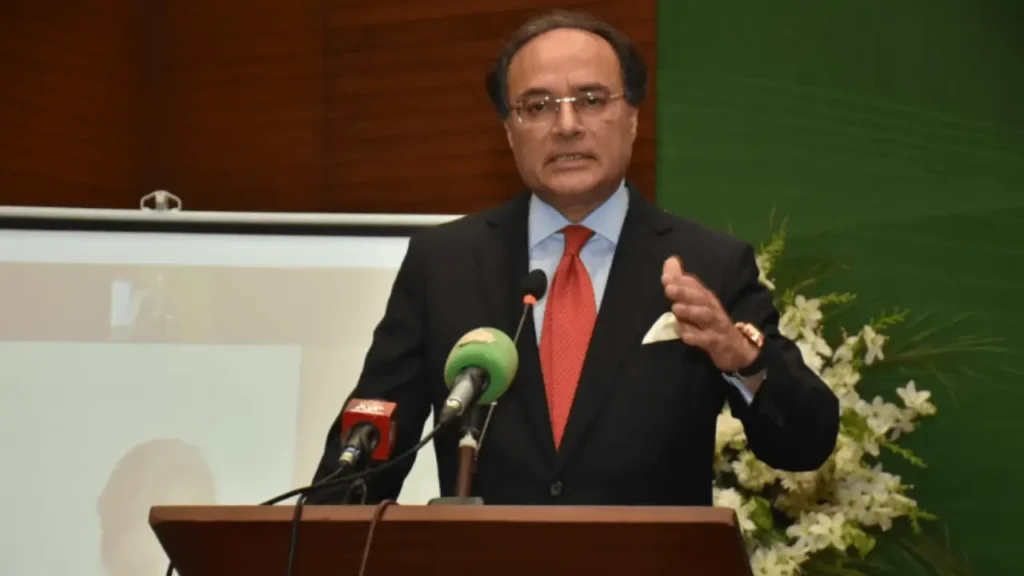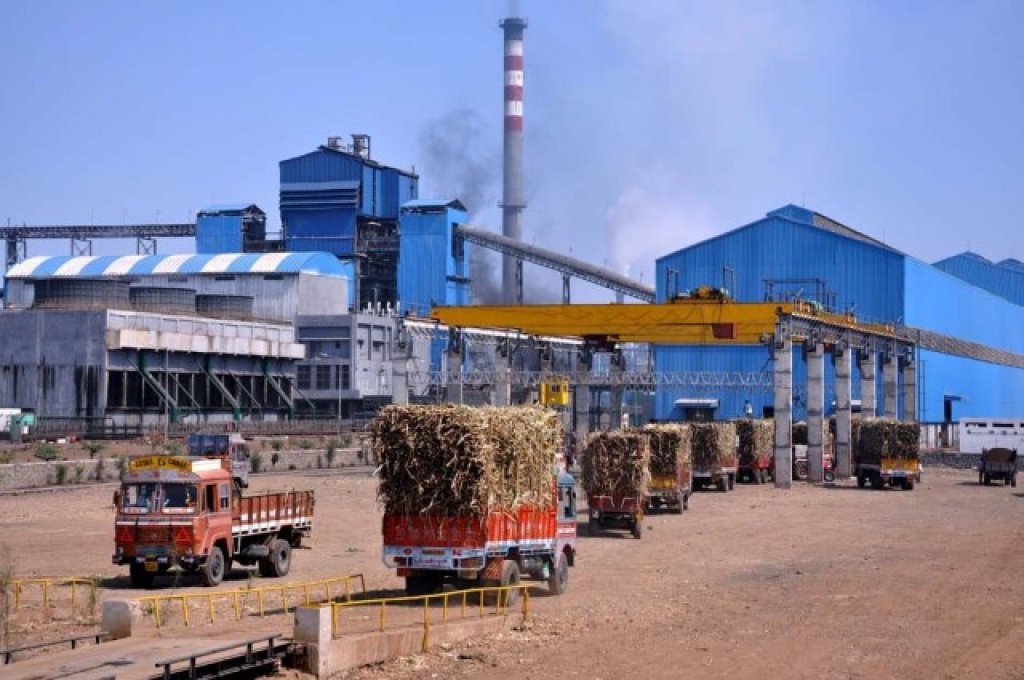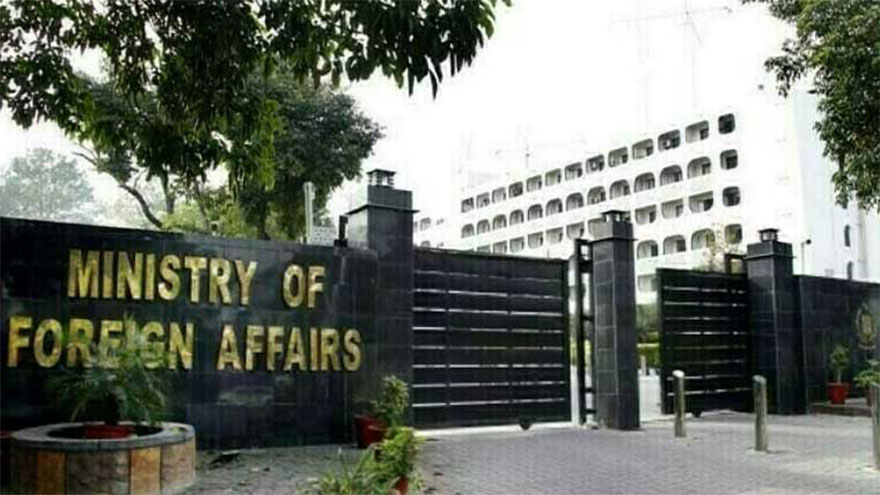Pakistan’s Finance Minister, Muhammad Aurangzeb, has issued a stark warning about the country’s future, highlighting rapid population growth and climate change as critical existential threats hindering sustainable economic development.
Speaking at an event marking World Population Day, Aurangzeb emphasized that achieving the ambitious goal of a $3 trillion economy by 2047 is impossible without directly addressing these challenges.
The minister stressed the alarming 2.55% population growth rate, citing its negative impact on national development, economic planning, and social well-being. He pointed to the concerning statistic that 40% of Pakistani children under five suffer from stunted growth, indicating a risk to the nation’s future leadership. He advocated for a comprehensive approach to combat this, including improvements in nutrition, sanitation, clean water access, birth spacing, and increased public awareness.
Aurangzeb also highlighted the importance of empowering women, advocating for greater inclusion in the workforce as crucial for sustainable development. He stressed the need to tackle learning poverty, particularly among girls, through increased investment in education and skills development.
The minister called for a significant shift in national budgeting, proposing a unified, nationwide approach to development spending rather than the current compartmentalized federal and provincial systems. He noted that the challenge lies not in the availability of funds (with a combined federal and provincial development budget exceeding Rs5.2 trillion), but in their optimal allocation and prioritization.
He further urged a reorientation of donor engagement and development financing, advocating for a shift from infrastructure-focused investments to human capital development, particularly in health, education, and population planning. He cited Pakistan’s 10-year Country Partnership Framework with the World Bank, which dedicates nearly $20 billion (or $600–700 million annually) to population-related measures. He emphasized the need for impactful investments beyond symbolic gestures like tax relief on contraceptives.
Aurangzeb concluded by reiterating the government’s commitment to long-term, sustainable solutions, leveraging both domestic and international resources to build a healthier and more productive nation. He urged policymakers and development partners to prioritize human capital development, stating, “We have built roads and power projects, but it’s time to invest in people. This is the only way to ensure real, inclusive, and sustainable progress.” The event was attended by several ministers and prominent figures from various sectors.







